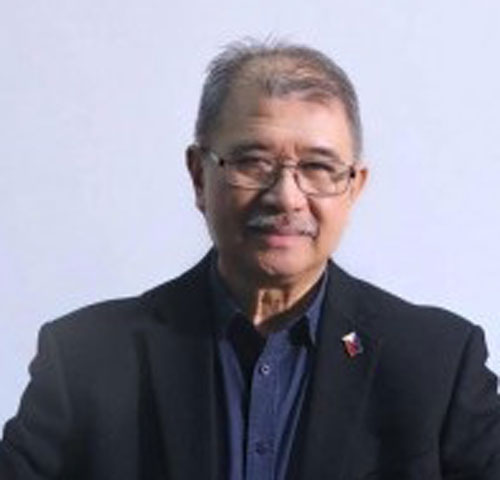Current funding for science and technology is way below world standards, Science Secretary Fortunato Fortunato De la Peña said.
“Our potential will not be realized with a modest investment in R&D — averaging less than 0.20 percent of our GDP (gross domestic product), still far below the UNESCO recommendation for a developing country,” De la Peña told the 6th National Research and Development Conference recently.
For almost 30 years now, the country has allocated only 0.14 percent to a maximum of 0.18 percent of its GDP for research and development, below the minimum of 2 percent of GDP, according to the gold standard of the United Nations Educational, Scientific and Cultural Organization.
The Department of Science and Technology (DOST) is working on a government policy to allocate 2 percent of the General Appropriations Act to R&D.
The country is committed to invest more in R&D, De la Peña said during the conference which promotes the latest results of the country’s R&D programs and innovations.
Dr. Rowena Cristina L. Guevara, DOST undersecretary for research and development, said more scientists and more funding for R&D are key to meet bigger challenges in the future.
“We believe that we have to invest in our experts and innovators to achieve victory through science and technology,” Guevara said.
Scholarship grants for undergraduate, graduate and post-graduate studies in the field of Science, Technology, Engineering and Mathematics (STEM) are designed to increase the country’s scientific manpower.
“In the last five years, we have approximately 500 MS and PhD graduates every year,” Guevara said. “More than 10,000 received MS/ PhD scholarships while 4,000 scholars have already finished their studies.”
Sixteen Philippine Science High School (PSHS) campuses nationwide cater to students in the STEM tracks.
The DOST maintains the Balik-Scientists program, DOST’s answer to the “brain drain.” It was strengthened by the 2018 Balik Scientists Act which provides more incentives and benefits for returning Filipino scientists.
DOST recently set into motion the Science and Technology Fellows program. It integrates experts in several DOST institutions to be part of the development, conceptualization, policy development, and monitoring and evaluation of various DOST programs.
Experts and research fellows are also hired to work in various R&D institutions.
“We see the S&T Fellows as the long-term solution to address the challenges in ensuring that we have enough number of qualified workforce and make our MS and PhD graduates in Science and Engineering stay in the country,” Guevara said.




